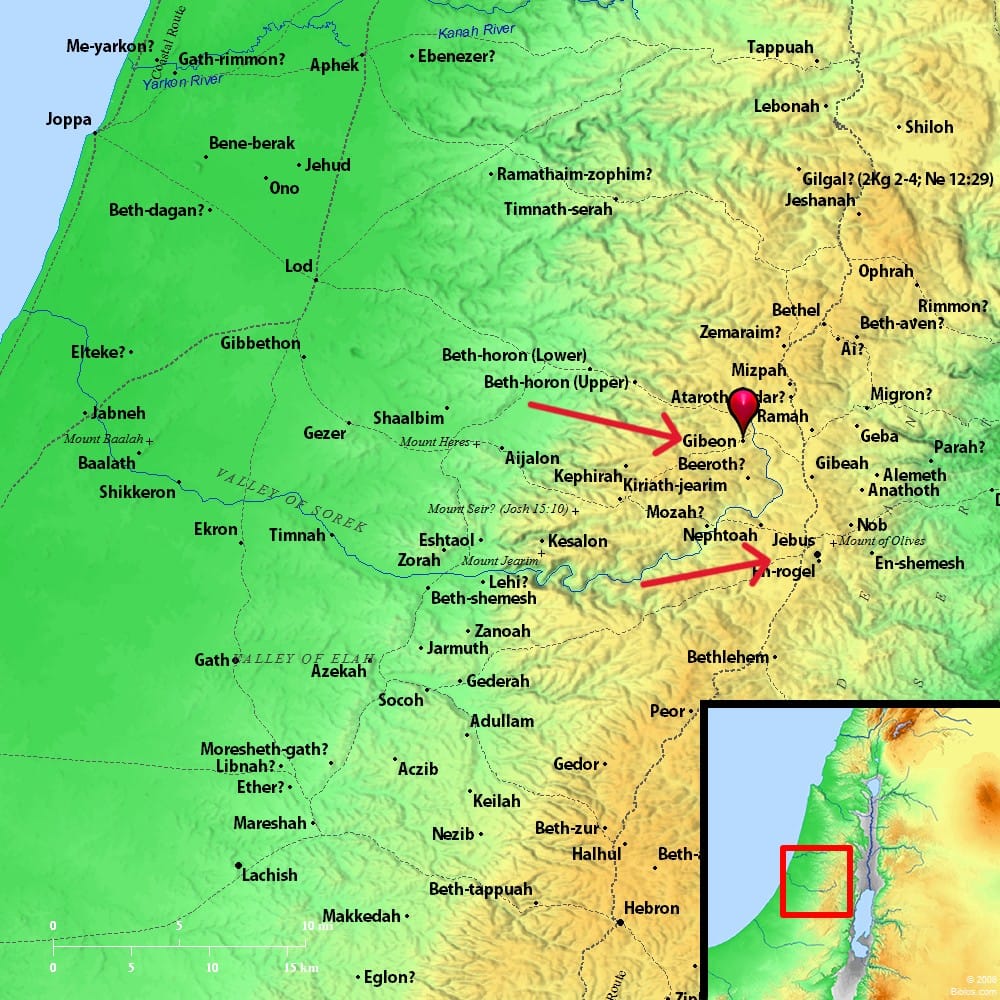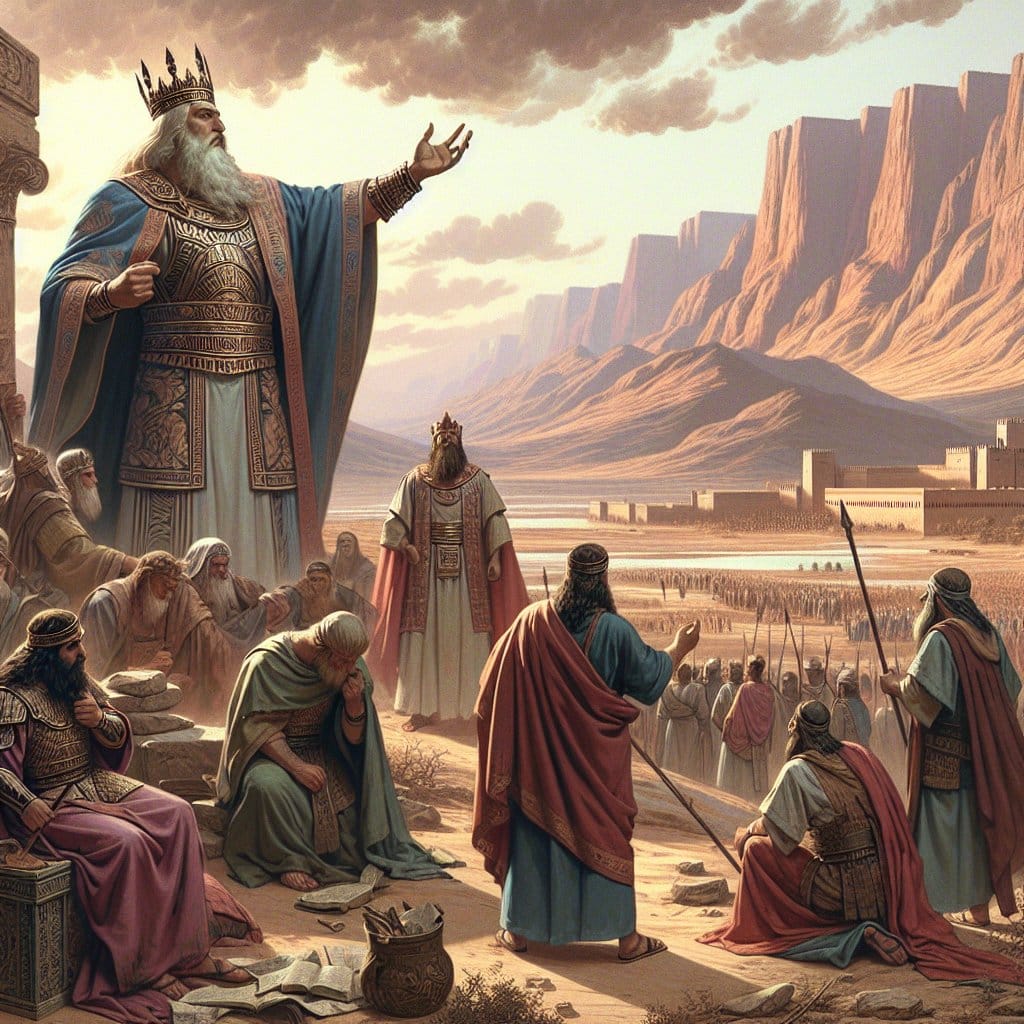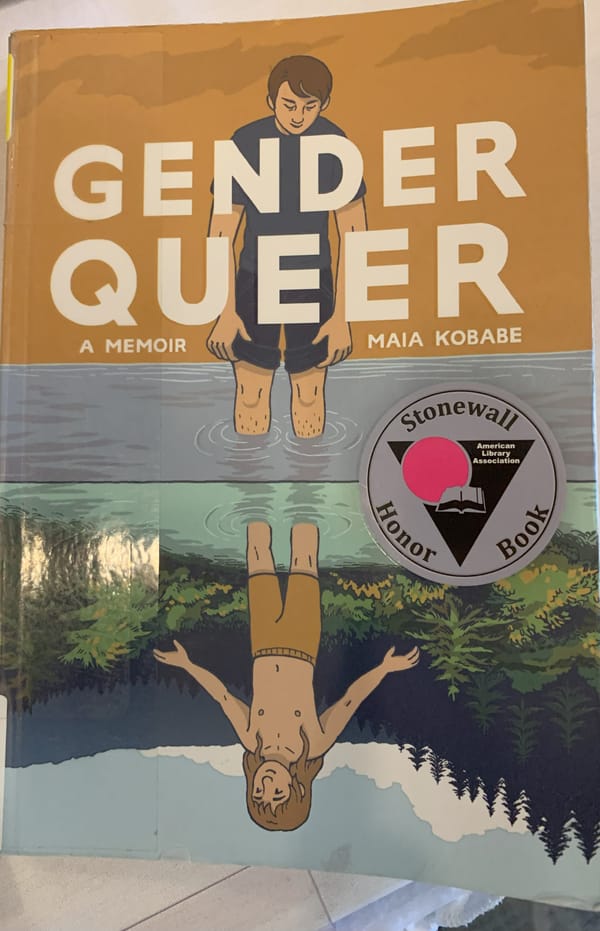The essays in this series of blog posts are from a series of audio messages which I presented in 1991. When I quote other works herein, it should be noted that any remarks enclosed in [brackets] are mine. More so than in the previous parts, significant revision has been made to parts of the remaining blogs in this series because the Lord has given us greater understanding of these things since 1991.
In part one of this series, we studied the barley grain in the natural, looking at the physical and natural characteristics of the barley plant. We found out some quite amazing characteristics and properties of barley.
We also learned how barley is spiritually related to a feast of the Israelites; namely, the observance of Passover and the accompanying Feast of Unleavened Bread. We also made correlations to the Feast of Pentecost and to the Feast of Tabernacles; the latter of which occurs in the fall at the harvest time.
In part two, we looked at barley as it related to the story of Ruth and discovered some very poignant insights in the symbolism of barley in that story. In this part three we examined the significance of barley in the story of Elisha and the poison stew found in 2 Kings, chapter 4.
Barley was the earliest crop in the spring to mature and it was the grain which was harvested early in the spring. Barley became a symbol for Christ as the first fruits because the barley matured so early, and thus it did not have the opportunity to get a lot of moisture and to be affected by mold and mildew, fungus, disease, rot, etc.
We correlate barley with the spring time harvest festival, the commemoration of Passover and the Feast of Unleavened Bread. In like manner, six weeks or so later is the wheat harvest which is correlated to the Feast of Pentecost. In the fall at the Feast of Tabernacles is the feast of ingathering, the gathering in of the other crops; namely, those of the orchards and the vineyards: the grapes and the olives, or the wine and the oil.
In 2 Samuel 21, we find a sad story which occurred during the reign of King David. First, let us read the verse which contains the mention of barley, and then we will go back and begin the story.
2 Samuel 21:9: And he delivered them into the hands of the Gibeonites and they hanged them in the hill before the LORD [Yahweh] and they fell all seven together and were put to death in the days of harvest, in the first days, in the beginning of barley harvest.
Now let’s get the entire context, beginning in verse 1:
2 Samuel 21: 1 Then there was a famine in the days of David three years, year after year; and David inquired of Yahweh, and the Yahweh answered, it is for Saul, [in other words it is because of King Saul, David’s predecessor] and for his bloody house, because he slew the Gibeonites.
In order to understand what is going on here in this story, we need to go back and pick up some background as to who the Gibeonites were. Gibeon was a little city or a town which is located in the land of Benjamin. As the children of Israel came into the promised land under Joshua, each tribe was allotted a certain geographical area.

The tribe of Judah had a rather large territory and it included the city of Jerusalem near its northern border. Just north of Jerusalem was the land of Benjamin. The town of Gibeon was located only about six miles north-northwest of Jerusalem. Let’s go back to Joshua, chapter 9, and see what happened here concerning the Gibeonites.
This is when the children of Israel had come over the Jordan River and the first thing they did was march around Jericho seven days. On the seventh day the walls of Jericho fell down and, because Yahweh was with them totally, they did not lose a single man.
They conquered the city of Jericho because Yahweh’s order was for the children of Israel to come into that land and to exterminate every single man, woman, and child of these corrupt, heathen, Canaanites.
Yes, dear Christian, your God and my God, the one and only true God, ordered Joshua and the Israelites to kill every man, woman, and child of these corrupt Canaanites, and they did so in Jericho. Why God gave that command is too long to elucidate here, but suffice it say that there were very good reasons. Well, wouldn’t you expect that to be the case?!
Next, they went on to the town of Ai. Here, however, one of the Israelites sinned in the process by taking some of the booty for himself. The divine orders were that all the booty was to be consecrated to Yahweh God.
Because of that one man’s sin, the whole nation suffered. In their first attempt to conquer Ai, Israel’s armies lost 30 men before they found out Achan had sinned.
After Achan had been put to death—along with his whole family—Israel then went on and conquered Ai. Here’s what happened next.
Joshua 9:1 And it came to pass, when all the kings which were on this side Jordan, in the hills, and in the valleys, and in all the coasts of the great sea over against Lebanon, the Hittite, and the Amorite, the Canaanite, the Perizzite, the Hivite, and the Jebusite, heard thereof;
2 That they gathered themselves together, to fight with Joshua and with Israel, with one accord.
3 And when the inhabitants of Gibeon heard what Joshua had done unto Jericho and to Ai,
4 They did work wilily, and went and made as if they had been ambassadors, and took old sacks upon their asses, and wine bottles, old, and rent, and bound up;
5 And old shoes and clouted upon their feet, and old garments upon them; and all the bread of their provision was dry and mouldy.
6 And they went to Joshua unto the camp at Gilgal, and said unto him, and to the men of Israel, …
Now remember: Where is Gibeon located again? Just a couple of miles north of Jerusalem. And what are these Gibeonite guys doing? They’re saying:
6b We be come from a far country: now therefore make ye a league with us.
A league is a treaty, an agreement, a covenant.
7 And the men of Israel said unto the Hivites, Peradventure ye dwell among us; and how shall we make a league with you?
8 And they said unto Joshua, We are thy servants. And Joshua said unto them, Who are ye? and from whence come ye?
9 And they said unto him, From a very far country thy servants are come because of the name of Yahweh thy God: for we have heard the fame of him, and all that he did in Egypt,
Notice, these Gibeonites weren’t so dumb as to say: “We heard what happened in Jericho and Ai.” The Jericho and Ai battles had just happened last week, so if the Gibeonites are from a very far country, they didn’t come on a 747 jumbo jet, did they?
So they didn’t make any mention of Jericho and Ai, but instead they say “we heard what happened down there in Egypt when you Israelites left by way of the Red Sea”
10 And all that he did to the two kings of the Amorites, that were beyond Jordan, to Sihon king of Heshbon, and to Og king of Bashan, which was at Ashtaroth.
11 Wherefore our elders and all the inhabitants of our country spake to us, saying, Take victuals with you for the journey, and go to meet them, and say unto them, We are your servants: therefore now make ye a league with us.
Can’t you hear them begging and pleading: “Come on, sign right here, right on the dotted line, Joshua.” Then to further induce Joshua to sign a treaty, they utter a few more falsehoods to spice up their story:
12 This our bread we took hot for our provision out of our houses on the day we came forth to go unto you; but now, behold, it is dry, and it is mouldy:
They had some green bread, didn’t they? They apparently prepared their stage props well.
13 And these bottles of wine, which we filled, were new; and, behold, they be rent: and these our garments and our shoes are become old by reason of the very long journey.
14 And the men [Israelites] took off their [the Gibeonites] victuals, [i.e., they inspected the food to verify that it was mouldy] and asked not counsel at the mouth of Yahweh. Huge mistake! We get in trouble when we do not ask “What does Yahweh’s Word have to say about this!” So we see in verse 15:
15 And Joshua made peace with them, and made a league with them, to let them live:
What had God said they should do? Exterminate them all ! But Joshua just signed the treaty on behalf of all the elders of Israel and said we will let you live since you are so far away;
15b and the princes of the congregation sware unto them.
The princes are the chief rulers in Israel; therefore, they, along with Joshua, were party to this.
16 And it came to pass at the end of three days after they had made a league with them, that they heard that they were their neighbours, and that they dwelt among them.
17 And the children of Israel journeyed, and came unto their cities on the third day. Now their cities were Gibeon, and Chephirah, and Beeroth, and Kirjathjearim.
18 And the children of Israel smote them not, because the princes of the congregation had sworn unto them by Yahweh God of Israel. And all the congregation murmured against the princes.
The Israelite people are angry. “What have you government leaders done?” But the people couldn’t lay a hand on the Gibeonites, could they? Why not? Because the leaders had sworn an oath by the name of Yahweh their God.
And what is one of the “Big Ten” commandments of Yahweh? Don’t take the name of Yahweh in vain! You don’t swear an oath to something, or make a treaty with someone by Yahweh’s name and then go back on your word, otherwise a curse would be upon you.
19 But all the princes said unto all the congregation, We have sworn unto them by Yahweh God of Israel: now therefore we may not touch them.
20 This we will do to them; we will even let them live, lest wrath be upon us, because of the oath which we sware unto them.
21 And the princes said unto them, Let them live; but let them be hewers of wood and drawers of water unto all the congregation; as the princes had promised them.
22 And Joshua called for them, and he spake unto them, saying, Wherefore have ye beguiled us, saying, We are very far from you; when ye dwell among us?
In other words: Why did you Gibeonites go and make up this story telling us how you live very far away when you are our next door neighbors? Joshua then curses them:
23 Now therefore ye are cursed, and there shall none of you be freed from being bondmen, and hewers of wood and drawers of water for the house of my God.
24 And they answered Joshua, and said, Because it was certainly told thy servants, how that Yahweh thy God commanded his servant Moses to give you all the land, and to destroy all the inhabitants of the land from before you, therefore we were sore afraid of our lives because of you, and have done this thing.
J25 And now, behold, we are in thine hand: as it seemeth good and right unto thee to do unto us, do.
Of course, the Gibeonites knew by that time that Israel had made this treaty. That is why they had been so quick to say: “sign here, sign here!” Now that the pledge has been given by Joshua, they say “Well, do with us whatever you please,” knowing full well that Israel was not going to go back on the word that they had pledged by Yahweh.
26 And so did he unto them and delivered them out of the hand of the children of Israel, that they slew them not.
27 And Joshua made them that day hewers of wood and drawers of water for the congregation, and for the altar of Yahweh, even unto this day, in the place which he should choose.
That is the background we needed to review in order to understand what is happening in 2 Samuel 21. Between the time of Joshua and Samuel, there were judges that ruled Israel for three to four hundred years. Finally, the people said, give us a king like all the other nations around here! And so Samuel was directed by Yahweh to anoint Saul to be the first king of Israel.
But Samuel had warned the people: If you want a king, here is what is going to happen to you. You are going to get a big government bureaucracy, you are going to have a military draft, and you are going to have a lot of high taxes, and so forth.
Somewhere in the story there—it doesn’t give a record in the Scripture, at least that I have been able to find—Saul became very zealous for Israel and in his zeal he went out and tried to annihilate these Gibeonites hundreds of years after Joshua had made the treaty with them.
2 Samuel 21:1: Then there was a famine in the days of David three years, year after year; and David inquired of Yahweh and Yahweh answered: It is for Saul, and for his bloody house, because he slew the Gibeonites.
Notice it is because of Saul and his bloody house. So evidently, his sons were involved in this deed also. Keep that in mind. What Saul did was murder. He might have had good motives in his own mind and heart, but by God’s law it was murder.
Numbers 35:30 Whoso killeth any person, the murderer shall be put to death by the mouth of witnesses: but one witness shall not testify against any person to cause him to die.
Observe that this says that at the mouth of witnesses. One witness to a murder is not enough. And if there are no witnesses, there can be no conviction of first-degree murder.
There was a case in the news here recently in Western North Carolina about a man who was on trial for the second time. I think the first time, it ended with a hung jury. They couldn’t decide. This is just an example, so I am not going to mention the accused’s name.
Here in Western North Carolina there is a very beautiful and scenic highway called the Blue Ridge Parkway; it runs into other states, as well. Not long ago, at one of the numerous roadside scenic overlooks, it is alleged that his wife and her friend were standing on the edge of the overlook and that this man was accused of pushing them off to their death.

He allegedly then contrived some circumstances where he was found down there in the deep ravine with them, with a bump on his head or something like that. After the second trial they found him “not guilty.”
I want to point out to you that is a correct verdict, because there were no witnesses. The man may be guilty; I don’t know and I am not judging. But there were no witnesses and the jury did the right thing by God’s law in not convicting him. He was not found “innocent.” He was found “not guilty.”
Another point here is that minimal circumstantial evidence is not enough to convict a person of first-degree murder. Fingerprints on a weapon or any other kind of thing that the slick lawyers and district attorneys and investigators can come up with are insufficient.
A person can be framed very easily with mere circumstantial evidence. So if someday the media splashes a story: “James Bruggeman was pulled over by the state troopers and was found with two ounces of cocaine in the back of his car,”… Well, you here in this audience all know me. You would know that is a frame up!
But when it is on the front page of the newspapers, “There it was, he had it right in his car.” This is a common trick. You’ve seen in the TV cop shows or in the movies how crooked cops can plant evidence very easily. “Well, hey, partner,” yells one cop to another. “Look what I just found here in the glove compartment! There’s a bag of coke .... oh my gosh!”
I am not saying all policemen would commit such evil. I have family members and friends in various levels of law enforcement, including our local District Attorney. They are good men. I am just giving an example of corrupt policemen that are trying to frame somebody.
Whether that person is actually a criminal or if he is a righteous man that they are trying to frame, meager circumstantial evidence is not enough by God’s law to convict a person of murder, there must be two witnesses.
(To be continued.)
~END~




